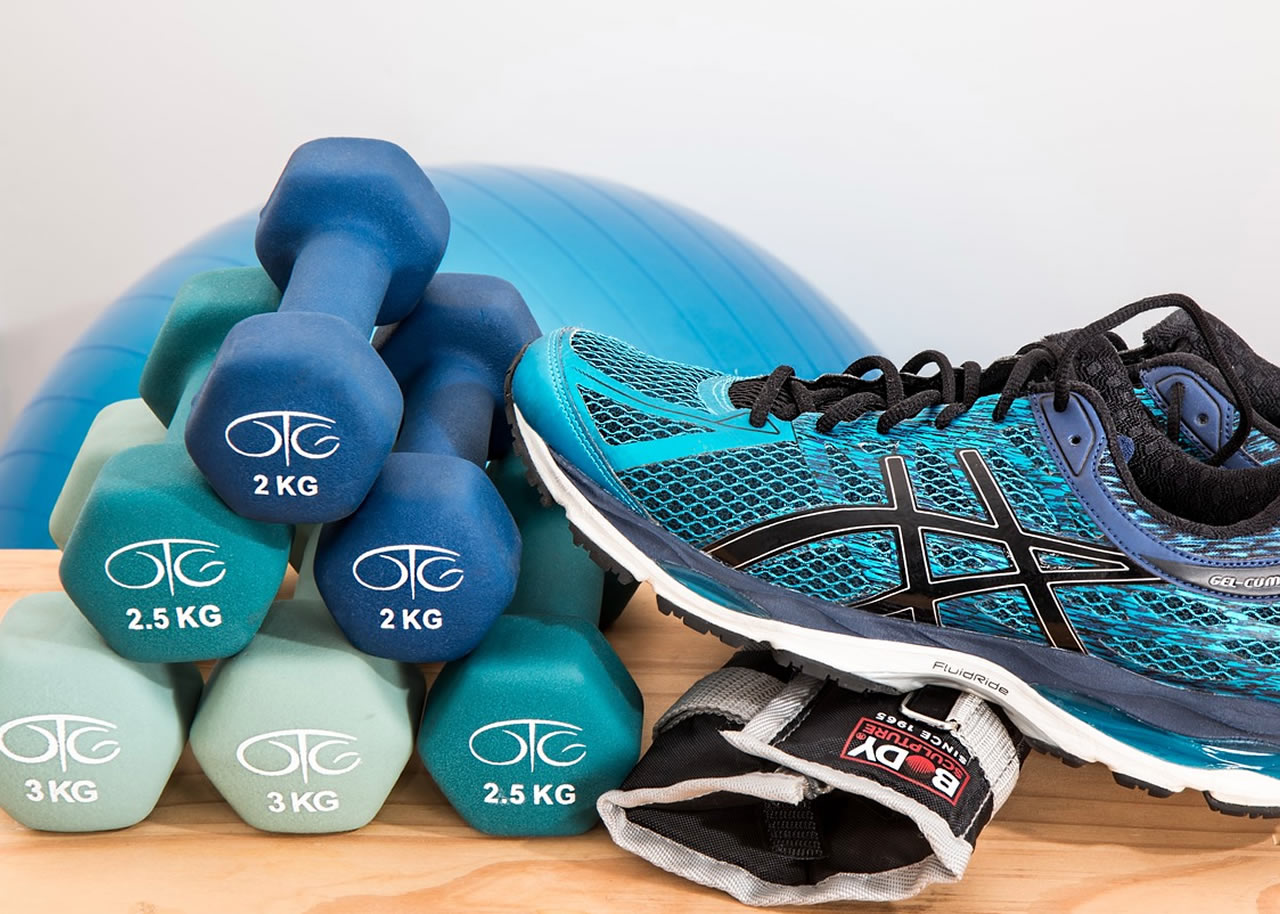Not a day goes by that I don’t receive a request for an ambitious weight loss programme with a tight timeframe. Getting in shape for holidays, weddings, special events or just the approaching summer are common goals for people who seek out my services. I’ll obligingly tailor a programme to help my clients achieve their targets, but I always stress that – while short-term goals are great – they need to have a long-term goal too.
When I create specialised plans, even though they’re suited to the needs of the individual client, they all share a common theme of aiming for a sustainable long-term lifestyle. A healthy lifestyle is something that has to be practised every day and built up over a period of time. My ‘Unlocking your Potential’ series will be discussing what this means in practice and how you can live your life better. It’ll help you to unlock your potential – yes, your potential! In this first piece, I’m going to focus on nutrition.
Nutrition and weight loss
In my experience, the most common nutrition- and food-based weight loss approaches are extreme dieting and calorie counting. From the cabbage soup diet to meal replacement shakes and from the Special K diet to the paleo diet, I’ve pretty much seen it all! So, what’s wrong with them? Nothing!
But are you really going to follow a gruelling diet for the rest of your life? Are you going to base your nutritional intake on how a celebrity supposedly keeps their figure trim, even if their body type is completely different to yours? Highly unlikely is the first answer and possibly but unsuccessfully is the second.
When the restrictive period of an extreme diet ends, people often end up binging on the foods they’ve deprived themselves of and will quickly regain all the weight they’d lost – often with a few extra pounds to boot. To achieve sustainable weight loss, your eating habits should be a part of a long-term healthy lifestyle that will steer you into old age. Short-term bursts of weight loss followed by inevitable weight gain (‘yo-yo dieting’) will only make you unhappy with your physical appearance and damage your body’s health.
Let’s start at the very beginning
If you’re ready to put fad diets and short-termism to bed, to establish healthy eating habits that will last a lifetime and to fully commit to a better way of living, you can start your journey today. The first step is to perform a personal MOT. Get out the scale and the tape measure, take your measurements (yours KPIs, as I like to call them) and record them in a notebook or on your phone. The regular monitoring of your KPIs will be a key motivator in changing your lifestyle as they will be proof of your hard work. The second step is to record your daily food intake over the past few weeks. I always tell my clients to be honest when doing this. The food diary isn’t for anyone’s benefit but your own, so if you don’t include everything you’re only depriving yourself.
The third step is to discuss your food diary with a nutritionist or a diet specialist who will help you to devise a healthy eating plan that suits your schedule, tastes, and budget. From there, it’s a matter of implementing the plan – this is the most difficult step as it’s when you begin to break down your old habits and build up new ones. To aid this process, download a food tracking app that allows you to lookup nutritional values and create a daily log of what you’ve eaten. You may also wish to record your weight daily or weekly. These steps are the basis of a healthy lifestyle.


Hi, this is a comment.
To delete a comment, just log in and view the post's comments. There you will have the option to edit or delete them.
This is test comment from Designthemes!